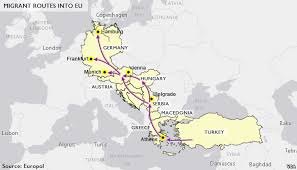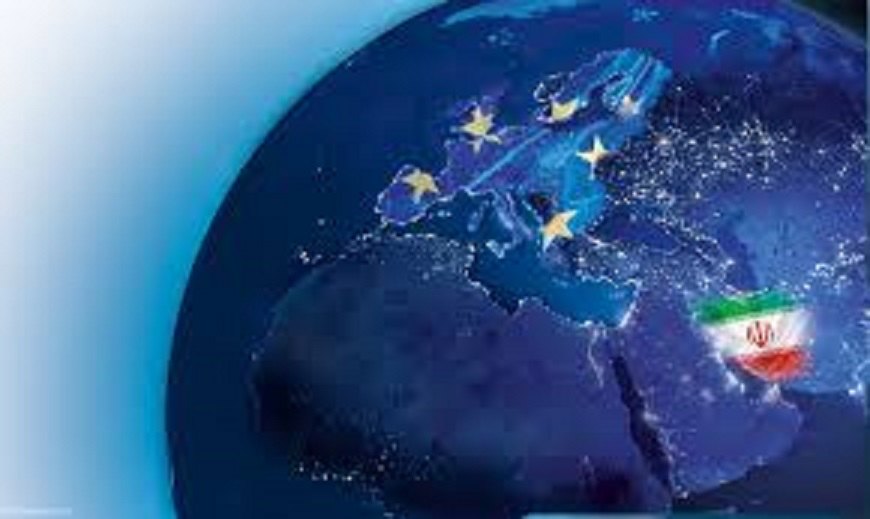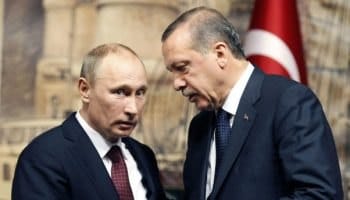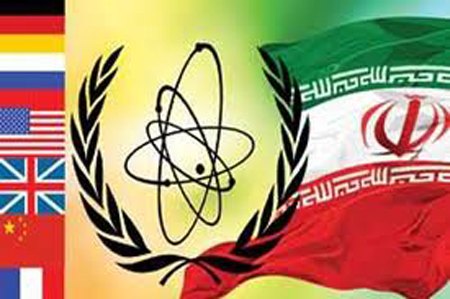The New US Congress and Increasing Pressure on Ir an
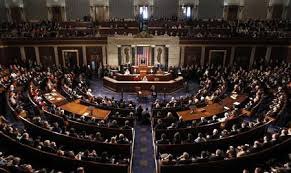
Abdullah Ghanbarlou
While the New US Congress was inaugurated in early 2015, its new composition heralded dual signals about future of nuclear talks with Iran. Based on the facts, one can conclude that these talks are mutually linked with Iran-US relationship and this has changed into a controversial issue in both countries.
After the US Vice-President’s assessment that the possibility of final comprehensive agreement is so low, President Obama believes in its very much likelihood. He had added that due to the Iranian potentials, in case of conclusion of an agreement, it can become a successful regional power.
For many observers, these talks have had a fruitful achievement for the West. Because, while Iran’s nuclear activities are suspended, the sanctions are still going on. Also, the time is in favor of the West since the nuclear activities are halted, impacts of sanctions are being proved and this can strengthen the Western bargaining power against Iran.
Since long ago, the Republicans have had the intention to oppose Obama’s policy towards Iran and their victory in the Congress elections have provided them with a proper leverage. Many of the Congressmen are against the recognition of right to enrichment for Iran, even at lower levels, and they criticize Obama for his appeasement towards Iran. They are of the view that there should be no agreement recognizing this right for Iran, otherwise damage control will be so hard. Based on this viewpoint, reaching an agreement will be really difficult.
On the other side, Obama’s administration believes that the Congress should not make any barrier in this way and increasing sanctions may end in reaction even by the American international partners.
President Obama has recently appointed David Cohen, as the CIA Deputy Director. With the reputation of realizing foreign policy goals, he had contributed to imposing sanctions against Iran. Some believes that in case of failure of the talks, he will be directing actions like cyber-attacks against Iran.
Continuous implications of sanctions and satisfaction of the American officials with the status-quo have led to a conclusion that the West tries to erode the talks and so to stop Iranian nuclear activities.

